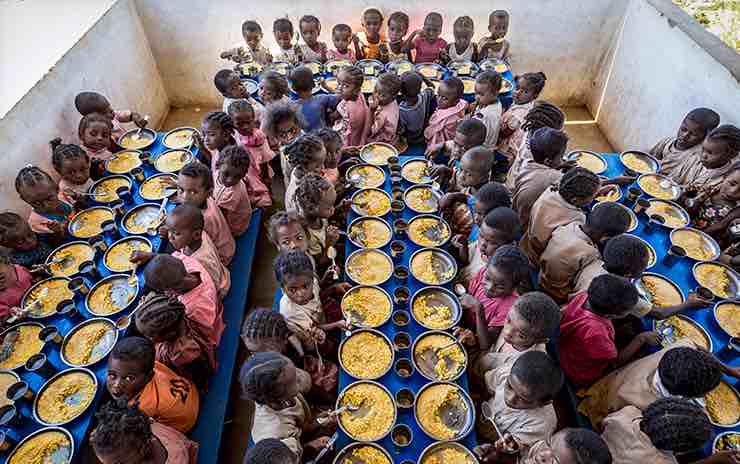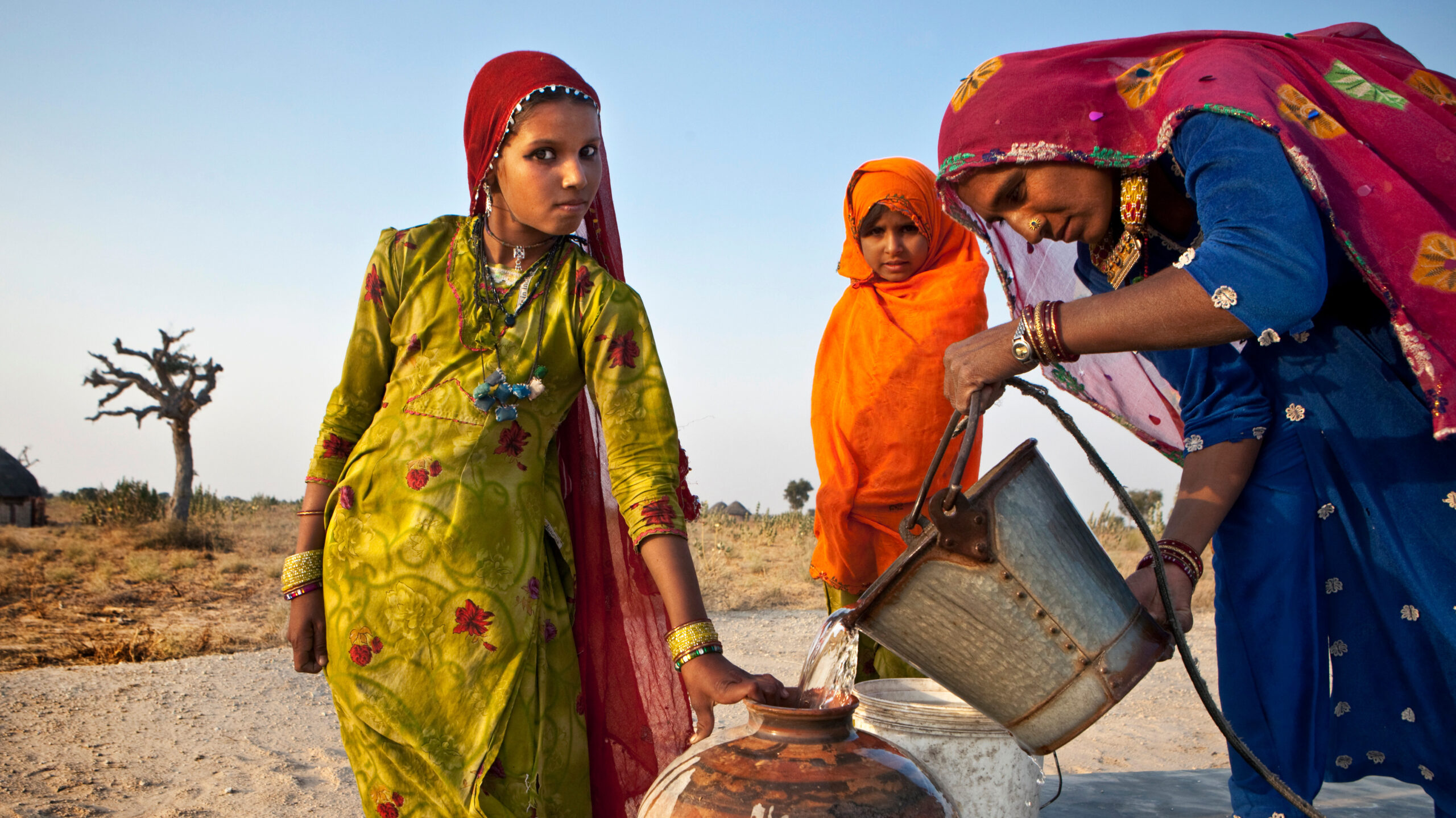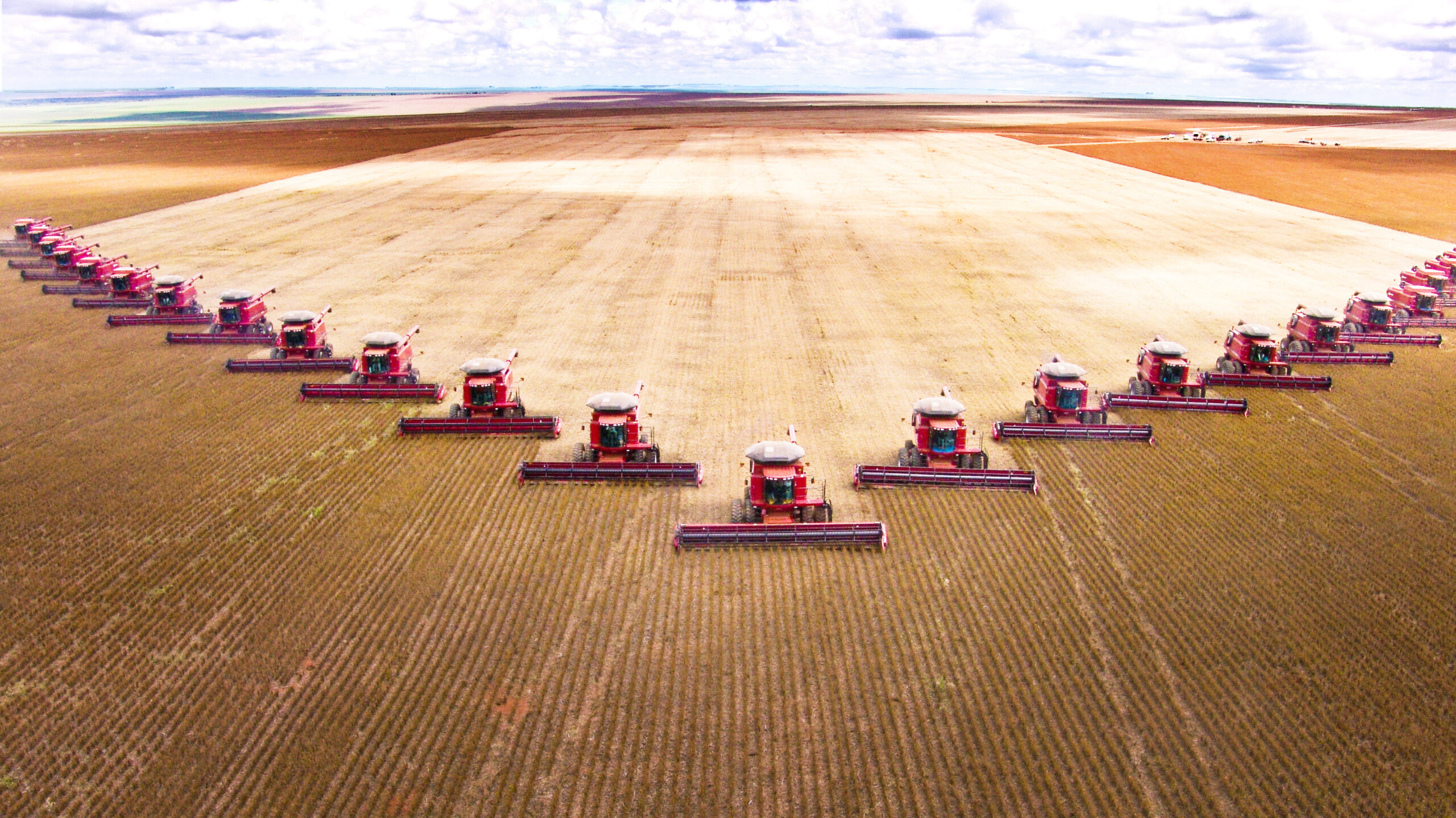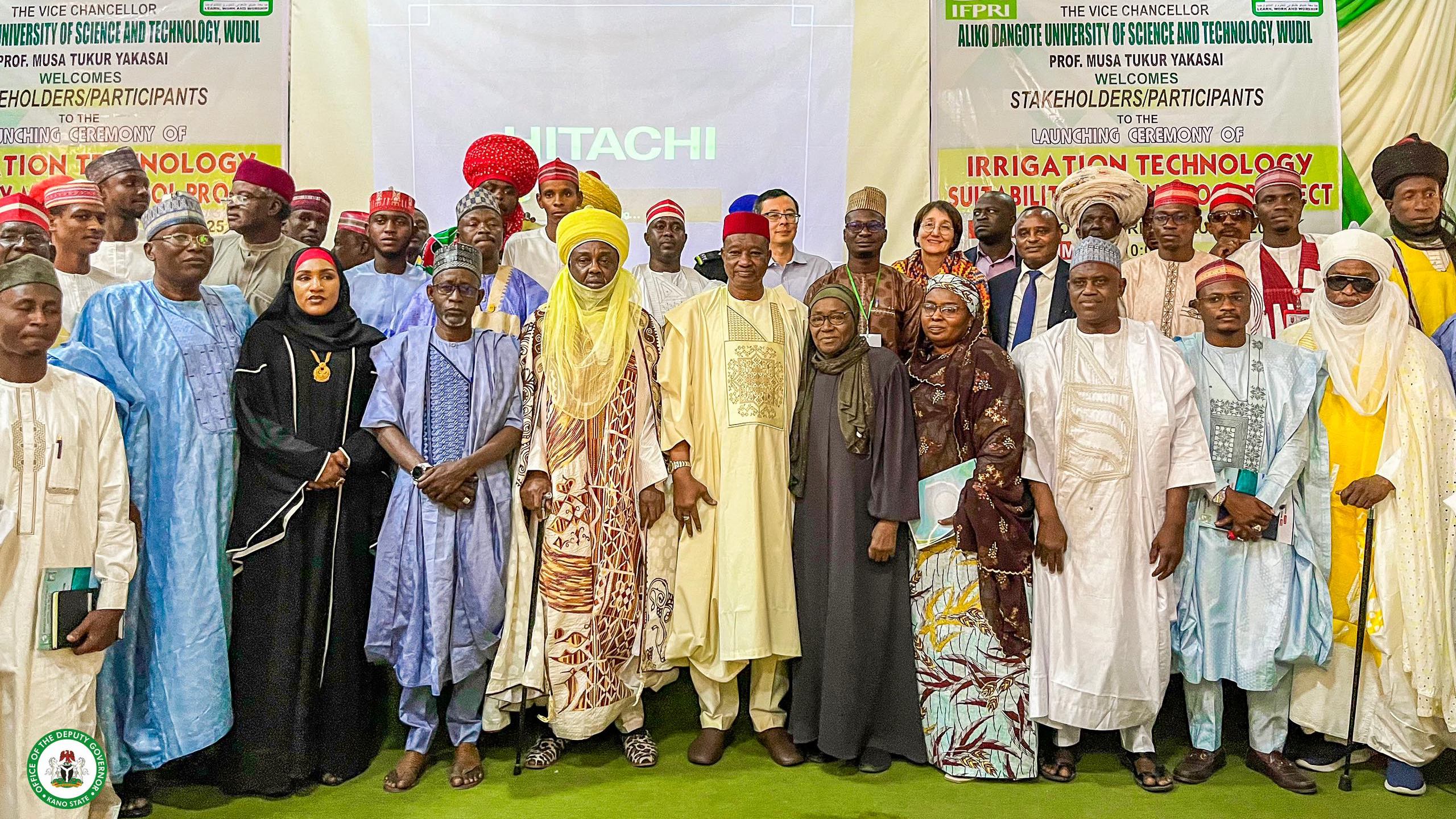As the world battles the spread of the COVID-19 pandemic and the social and economic disruption it is generating, concern about the impact it will have on food systems is growing. While it is still too early to know the extent of the effects the pandemic will have on food insecurity or poverty, we can be sure that the poor and vulnerable people are likely to suffer the most.
Smallholders and rural dwellers, women and youth, and conflict-affected people already are too often excluded from full participation in food systems, leaving many of them with little access to nutritious diets and limited income opportunities. With many countries closing borders and shuttering entire sectors of their economies to slow the spread of COVID-19 the livelihoods of these people are at even greater risk. Safeguarding the livelihoods of these and other vulnerable people requires making our food systems more inclusive, so that everyone can both participate in and benefit from the opportunities they present.
But making food systems inclusive is not just a moral imperative. In prosperous times the exclusion of vulnerable people is a massive lost opportunity for development that leaves millions of people behind to the detriment of all. But in times of crisis, like we are experiencing today, inclusivity can be a matter of life or death. Bringing excluded individuals into food systems will grow and strengthen them so that they serve everyone better and can help people withstand shocks like pandemics, civil conflict, and volatile weather.
Fortunately, food systems can be made more inclusive with well-crafted policies that lower the barriers to participation. As indicated in this year’s Global Food Policy Report launching April 7, we can build truly inclusive food systems that will protect and empower the world’s most vulnerable by focusing on three key areas:
- Providing the investments in infrastructure and services to foster broad-based economic growth, particularly in rural areas.
- Equipping marginalized people with the means for success.
- Creating social protection programs that safeguard the food and nutrition security of the most vulnerable.
Even as the world is rapidly urbanizing, rural areas remain home to the largest numbers of poor people. It is therefore critical that policy makers work to enable broad-based growth that creates vibrant rural economies. Food markets and value chains are expanding across Africa and South Asia, offering new opportunities to promote agricultural growth and create nonfarm employment.
Policy makers must harness these opportunities by investing in improving infrastructure such as roads and electricity and providing access to information and communications technologies. Such investments will facilitate linkages between smallholders and markets and enable the small and medium enterprises in rural areas doing work in the midstream aspects of food production to thrive.
But an enabling environment can go only so far—if, for example, smallholder farmers or midstream processors lack the technical knowledge or capacity necessary to scale up or meet food-safety regulations; if women and refugees do not formally own their land and therefore have little incentive to invest in improved production; or if young people trying to stay in agriculture lack the capital, credit, or skills necessary to invest in raising productivity or starting an off-farm enterprise.
Investing in people in is therefore critical to making food systems work for everyone. Providing the marginalized and vulnerable with education, training, credit, secure land-tenure rights, and access to new technologies, will not only improve their lives but will also help strengthen food systems and grow economies—to the benefit of all. To that end, policy makers can begin by enacting laws, regulations, and policies that recognize land tenure and ensure access to credit and trainings for these groups, securing them more equal benefits.
Some of the most marginalized people will require even more direct support, including social protection programs that support even the most basic access to food systems and food and nutrition security. In extreme circumstances such as wars, food and cash transfers can provide essential calories that prevent malnutrition. In more stable conditions they can promote improvements in nutrition, employment, agricultural production, or education. Such programs protect livelihoods and provide the most vulnerable with the means to benefit from and contribute to growth and development.
Building inclusive food systems will require large-scale investments in research, policy, and programming driven by support at the global, national, and local policy levels. Policy makers, researchers, and development practitioners must seize the opportunities at all these levels, to ensure that marginalized people have the tools, skills, and wherewithal to contribute to and benefit from innovations in growing food systems.
Inclusive food systems are not a panacea, but they are an essential piece of our efforts to build a more equitable and stable world. The spread of COVID-19 has highlighted how vulnerable we all can be to global shocks and greater inclusivity is critical for strengthening our resilience. We no longer have the luxury of delaying reforms and debating their benefits. We need to act now so that everyone, especially the most vulnerable, can withstand the next shock.
Johan Swinnen is Director General of IFPRI







